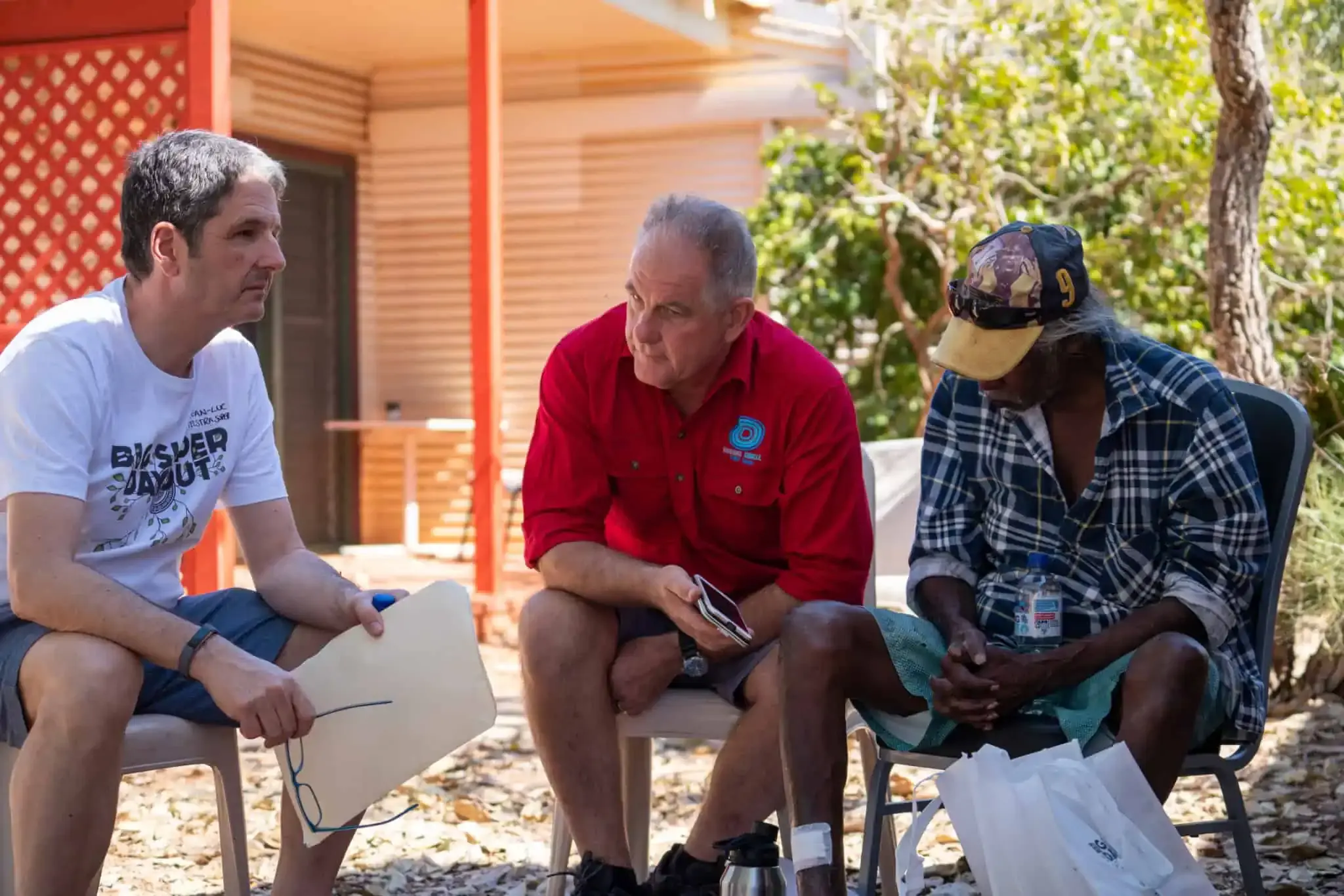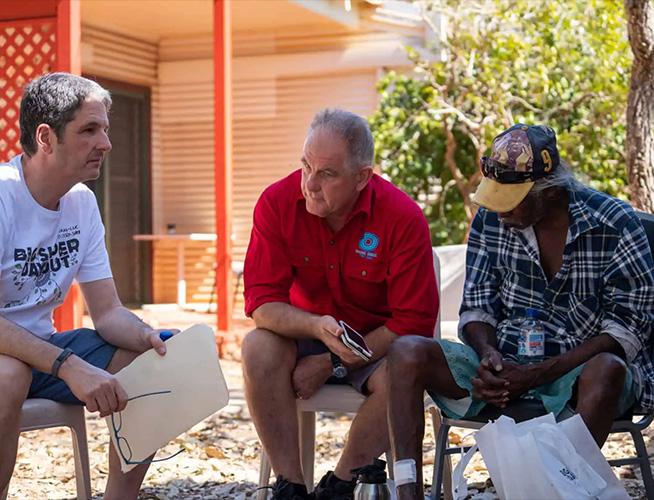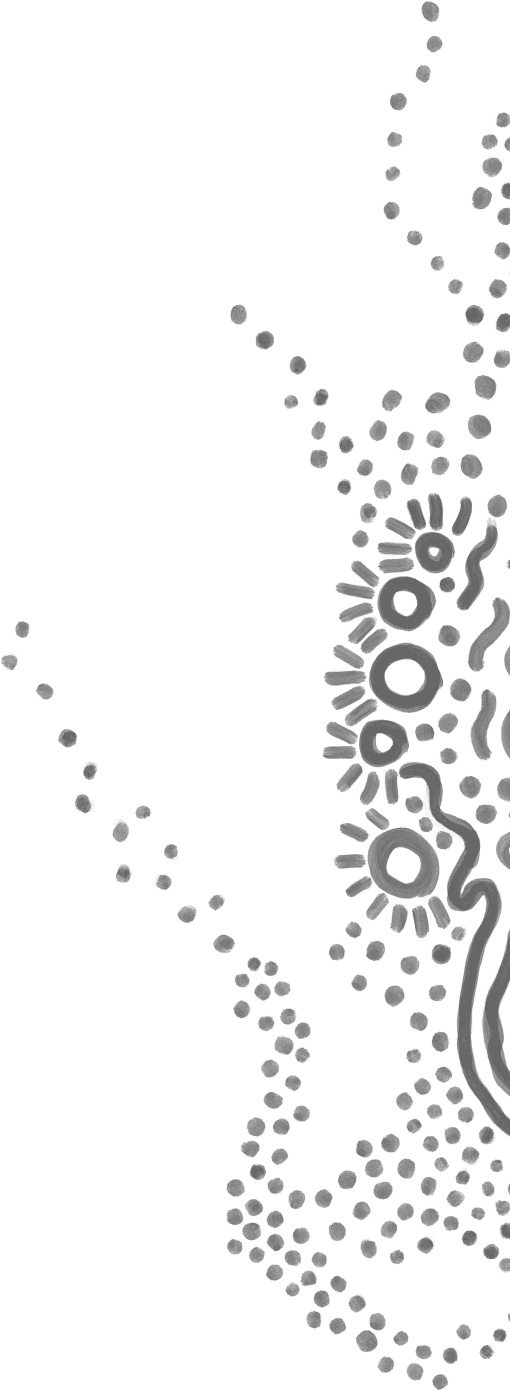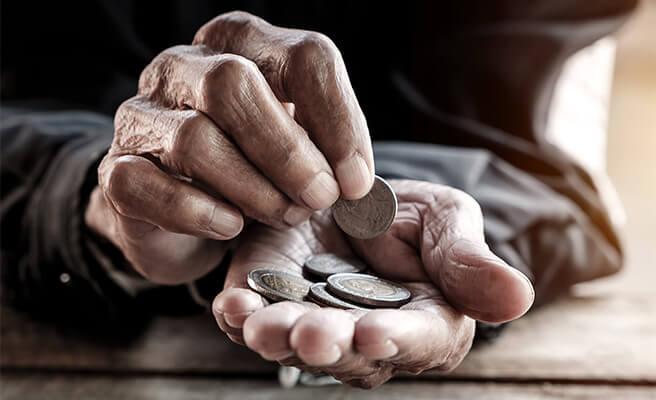July 27, 2020
By Phil Usher
Payday loans are always too good to be true
By Phil Usher
July 27, 2020
Share this article


At times it can feel all too easy to access finance. Getting a car loan from a lender that doesn’t ask too many questions is always appealing. Accessing $2,000 to get on top of the bills and having a little left over for yourself sounds great.
Other phrases like ‘30-minute approval’ or ‘call us because the bank said no’ add to the appeal of payday loans.
However, more often than not, this is one of the occasions where it is too good to be true.
Impact on the community
In 2019, First Nations Foundation, along with NAB and the Centre of Social Impact, released the Money Stories report, an extensive piece of research into Aboriginal people and financial services.
It found that almost 22 percent of Indigenous people had accessed fringe credit—including payday loans—within the preceding 12 months.
For non-Indigenous population, the rate was 8.4 percent.
These types of loans can have a lasting effect on credit ratings and an individual’s ability to get credit later on in life. Even simple things like taking out a mobile phone plan.
What is a payday loan?
The concept of a payday loan is to borrow money until you receive your next pay, at which point you pay off the debt. But rarely do people pay out the entire loan in one go.
Payday loans are short term with high interest and high costs. Some companies will cap lending at $1,000 while others will allow people to borrow up to $10,000.
What are the costs?
In 2013, the Australian Securities and Investments Commission (ASIC) set out a reform on payday lenders to the point where they don’t charge interest.
Instead, they charge fees. This means that effectively the out-of-pocket expenses will be the same, but they have been disguised as something else.
While fees and charges do vary from business to business, below are some of the more common fees for taking on a payday loan:
An establishment fee up to 20 percent of the loan value
A monthly fee of 4 percent of the total loan value
Default or arrears fees if you miss any payments
Excess charges if you don’t repay your loan.
Hidden Costs
The hidden costs of payday loans are in the various fees that add up.
Let’s say you need to take out a $2,000 loan and pay it back over three months. It will cost you $400 (20 percent) to start it up and $80 (4 percent) per month to pay back.
If you pay it all back within the three months, the total fees would have cost you $640. This works out to be an interest rate of 32 percent.
In all, you would be borrowing $2,000 to pay back $2,640 all within three months.
ASIC has a useful calculator tool to help you estimate your costs, accessible here: https://moneysmart.gov.au/loans/payday-loan-calculator
Impact on your credit score
Every time you enquire about getting any type of loan or credit card from any lender, it is marked on your credit score. It’s not necessarily bad, but it does get noted.
A general rule is that if you have enquired about or taken out a payday loan, you will find it challenging getting funds from other lenders for a period of six months.
What are the options if you need money fast?
If you are looking into getting a payday loan to pay off other debt, it would be worth having a yarn to a financial counsellor who can explore your options.
You can call the National Debt Helpline on 1800 007 007 to have a private chat with one of the counsellors.
If you need to borrow money to pay off some bills, you should call the company first. Most electricity and phone companies, for example, have hardship provisions where you can make smaller repayments on your bills over a period of time.
You may also want to look into the No Interest Loan Scheme (NILS). These loans allow you borrow up to $1,500 to be paid over 12-18 months so it’s more manageable within your budget.
There are some set criteria for this scheme, however. You can visit the No Interest Loan Scheme (NILS) website here.
If you urgently needed more than $1,500 it would be worth looking into a low interest loan. With a low interest loan, you can borrow between $800 to $3,000 with a low interest rate of just 5.99 percent.
Remember, there are always more options than seemingly easy payday loans.
If you are struggling with debt and need advice, you can reach the National Debt Helpline at 1800 007 007.
Share this article


Related articles
Media release
May 26, 2025

Media release
May 26, 2025
First Nations Foundation Welcomes Leah Bennett as Managing Director
Read more
Media release
August 6, 2024

Media release
August 6, 2024
First Nations Foundation partners with Morningstar to launch investment training for Aboriginal and Torres Strait Islander people
Read more
Media release
May 31, 2024

Media release
May 31, 2024
FNF calls on government and financial institutions to do more for economic reconciliation
Read more